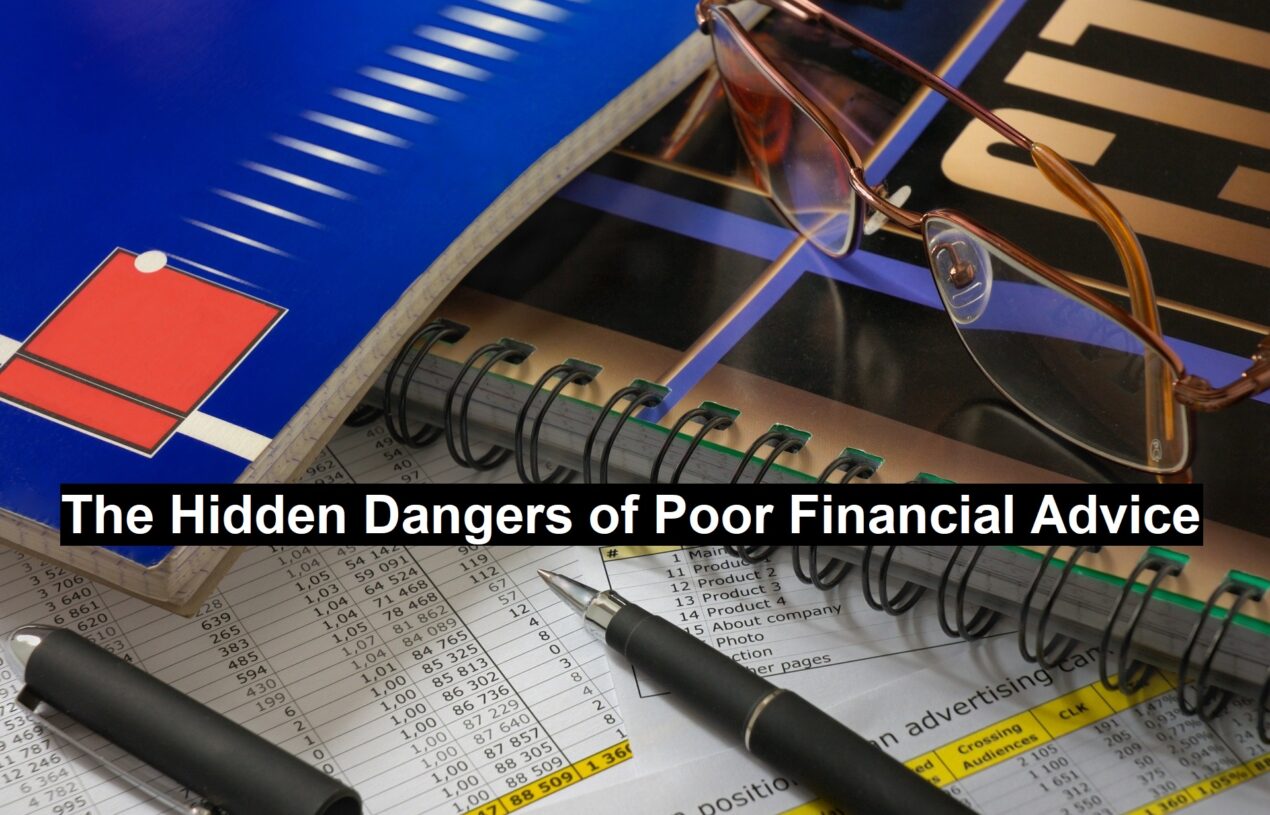Navigating the complex world of personal finance can feel overwhelming, and seeking financial advice is often seen as a crucial step toward achieving stability and security. However, poor financial advice can have devastating consequences, extending far beyond mere monetary loss to impact your overall well-being. When individuals turn to advisors, online resources, or even well-meaning friends and family, they may unknowingly expose themselves to harmful guidance that jeopardizes their financial futures.
One of the primary dangers lies in the qualifications of those dispensing advice. Many financial advisors lack the necessary credentials, such as Certified Financial Planner (CFP) or Certified Exit Planning Advisor (CEPA), and may not emphasize critical qualifications like their tenure, fee-only status, or fiduciary duty. This lack of proper accreditation can lead to generic, one-size-fits-all recommendations that do not account for individual circumstances, resulting in poor investment choices, unnecessary risks, and missed opportunities that can compound over time.
Read: 6 Tips for Managing Business Finances
Furthermore, conflicts of interest are a pervasive issue in the financial advisory landscape. Advisors who do not operate as Independent Registered Investment Advisors (RIAs) may have a financial incentive to recommend products that benefit themselves rather than focusing solely on what is in the best interest of their clients. Financial Tips For Medical Students should emphasize the importance of critical thinking and independent research. Such biases can manifest in higher fees, lower returns, and an overall dissatisfaction with the financial planning process. Engaging with fiduciaries, who are legally obligated to prioritize your interests, is crucial in safeguarding your financial future.
The Internet has also become a breeding ground for bad financial advice. Social media platforms, blogs, and online forums often disseminate unverified and misleading information, leading individuals astray. While these sources may appear trustworthy, they often lack the regulatory oversight required to ensure accuracy. Following questionable advice can result in poor investment decisions, accumulating debt, and significant financial setbacks that take years to recover from.
The impact of poor financial advice doesn’t stop at your bank account; it can wreak havoc on your mental health and personal relationships. Financial stress is a leading contributor to anxiety and depression, and it frequently leads to conflicts within families. Disagreements over financial matters can strain relationships, creating lasting tension among loved ones. The emotional toll of financial mismanagement can be profound, affecting both your peace of mind and your connections with those around you.
Retirement planning serves as a particularly vulnerable area where the ramifications of bad advice can be especially harmful. Inaccurate or biased guidance can leave you with inadequate savings, forcing you to work longer than anticipated or sacrificing your quality of life in retirement. Innovations in banking and access to unbiased and comprehensive financial advice remain elusive for many, leaving them vulnerable to poor financial decisions. This is particularly heartbreaking for individuals who have diligently saved and planned, only to see their hard work undermined by misleading advice.
To avoid these pitfalls, it is essential to take proactive steps to secure quality financial advice. Begin by verifying the qualifications and certifications of potential advisors, ensuring they hold designations such as CFP, CEPA, or RIA. Understand their fee structures and seek out fiduciaries who are committed to acting in your best interest. Additionally, enhancing your financial literacy can empower you to make informed decisions and recognize red flags in the advice you receive. Misleading information or inadequate guidance received during a mutual fund Investment consultation can lead to significant financial losses for investors, highlighting the importance of seeking advice from qualified and ethical financial professionals.
In conclusion, the dangers of poor financial advice are numerous and far-reaching. By taking the time to educate yourself and seek out trustworthy guidance, you can protect not only your financial health but also your mental well-being and personal relationships.
Poor-Financial-AdviceFor further insights into the real costs associated with poor financial advice — along with helpful tips you may find from an inheritance financial advisor — please refer to the accompanying resource.

